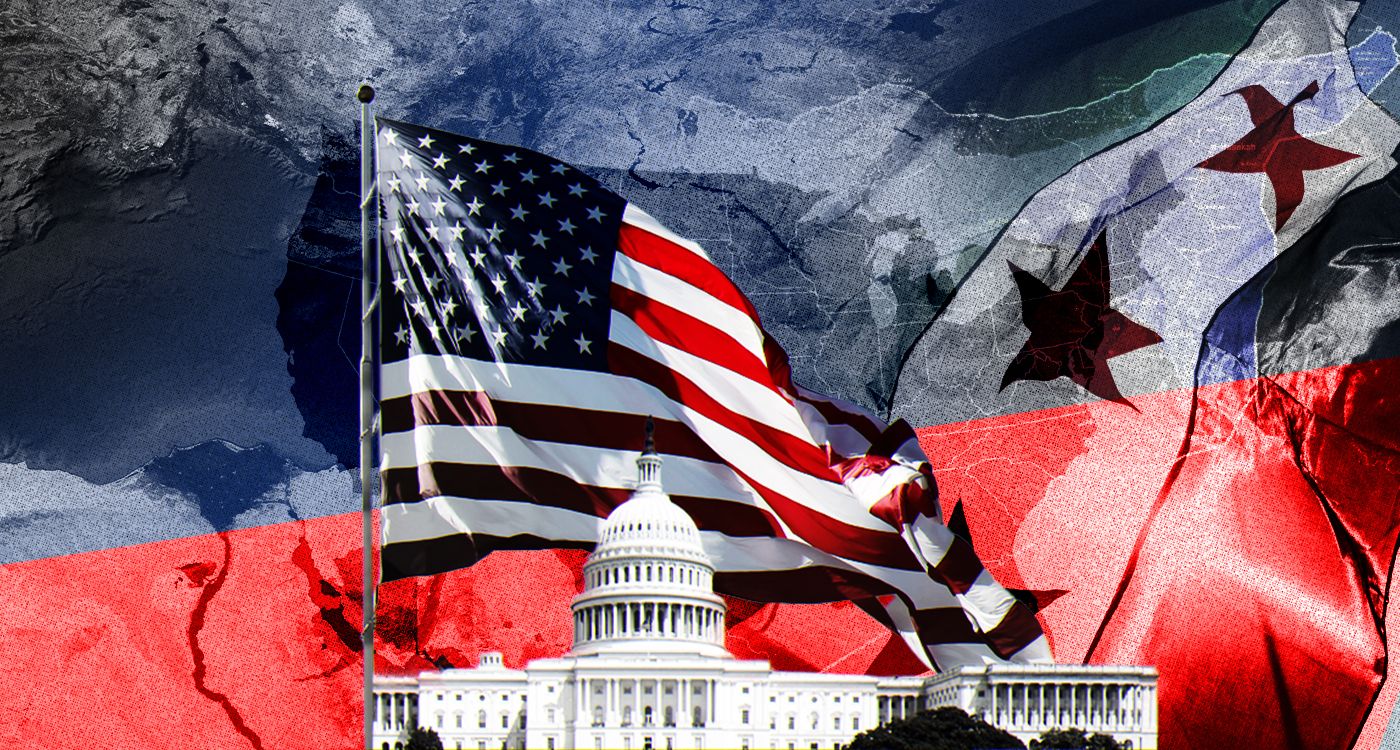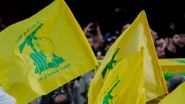
So many Syrians and Lebanese are celebrating the downfall of the Assad regime, whose last decade of rule came courtesy of Russia, Iran, and Hezbollah. The proximate cause of the final collapse is debatable; some attribute it to the inability of Russia to come to Assad's defense, while others cite Israel's decimation of Assad's Hezbollah protectors. Both factors contributed to this event, but the removal of Hezbollah as an effective military factor was the more immediate event in terms of both time and geography. But let's not forget it was the Turkish-backed HST fighters from Idlib and allies from southern Syria who actually mobilized, fought, and won.
The question is what comes next, not just tomorrow, but in the years ahead. Syrians and Lebanese who have suffered so long from the tyranny of Assad and his Hezbollah allies relish their moment of joy but undoubtedly understand that uncertainty and risk lurk. Ahmed al-Sharaa (aka Abu Mohammad al-Jolani) has said some comforting things in his charm offensive. His real intentions and capabilities will be revealed by deeds, not words, as will the cohesiveness of what appear to be loose alliances of armed men of uncertain discipline and loyalty, all previously operating under a banner of Islamic extremism. The well-known history of Syria as an almost ungovernable place adds to the mix, giving pessimists much to ponder.
The temptation for outsiders to exploit the vacuum in Syria for their narrow purposes may prove irresistible. The Turks, who are the primary external winners of the moment, may seek advantages by wiping away any Kurdish power in northern Syria and asserting an upper hand over the Islamist-lite version of Nusra that they just helped. The Russians will focus on doing mini-deals with whoever is emerging as the powerbroker in order to retain their military toehold in the Middle East. Israeli leaders are doing their best to eliminate what is left of the Syrian military's ability to threaten them, knowing this is a unique opportunity to pulverize the military of the one remaining Arab state that could act on its refusal to recognize Israel's presence and might do so again. One cost, of course, is to contribute to a power vacuum in Syria, which in the future may well be exploited by elements in Syria just as committed to Israel's destruction as was the Assad enterprise. The Saudis and Emiratis are likely to pause, loathe to help the Turkish-backed coalition taking power in Syria and unwilling to concede partnership with the Sunnis of the Levant to Ankara, but caught unprepared. Iran dealt a grievous blow to its decades-old proxy strategy for asserting power in the Arab world and will most likely just lie low, reduce its exposure, and wait out the storm to see how the inevitable mistakes of its enemies can be exploited to regain influence.
What about America? If confronted by such a moment just a decade ago, Washington would have been in a frenzy of activity at the UN, with the Europeans and the Arabs to push and pull in whatever direction the prevailing geniuses determined was most likely to produce some element of stability. The Biden Administration, which never did find a consistent or relevant pathway for managing the Middle East, is just going through the shadow motions. In fairness, one can only expect so much --- meaning almost nothing at all -- from an American Administration just weeks away from obsolescence, let alone one equipped with neither the intellectual concepts nor the experienced personnel to deal with it.
The real question is, then, what about Trump? We don't know. We do have pointers based on experiences from Trump 1.0. The most important of those pointers is that he never really accepted the justification for a U.S. troop presence in Syria. I suspect he acquiesced in it because the risks of departure (measured against our interests in Iraq) seemed to exceed the costs of maintaining it. The second point of data was his recent social media pronouncement that this situation in Syria was not America's fight. He may have meant that these developments were not cause for expanding the American military presence without excluding active American diplomacy. But a more likely interpretation is that he meant what he wrote. Consistent with his view of many other regional conflicts around the globe, he may believe that the problems are for Syrian factions and their neighbors in Turkey, Israel, Jordan, and Saudi Arabia, not America, to sort out. Since recent events unfolded without any American involvement or even awareness, despite hollow boasts from the Oval Office, this line of thought has traction. If these internal and external actors have some specific request of the United States, Trump will no doubt listen and weigh the costs and benefits of a response. But instinctive interventionism and hyper-active diplomacy will not be the first options he reaches toward. Hopefully, he will keep his eye on the ball of completing the reversal of Iran's projection of power and malign influence beyond its borders.
Which brings us to Lebanon. It has the opportunity of a lifetime, thanks to Israel's months-long decimation of Hezbollah and now the coup de grace against the Assad regime and its critical support role between Iran and Hezbollah. Political opposition to Hezbollah in Lebanon has been a life-threatening occupation. But unless Lebanese patriots themselves seize this opportunity with ideas and specific initiatives to regain sovereignty, step-by-step, no one else will provide meaningful help. For the first time since President Aoun left office, there is an opportunity for the Lebanese to elect a president who can embody the neutral and reformist qualities Lebanon needs at present to insulate Lebanese from regional turmoils. "Who" is elected is far more important than "when" it happens.
Meanwhile, the Lebanese army has a daunting task of preventing Hezbollah violations of the ceasefire while protecting against Sunni extremist infiltration from Syria. With some sign of leadership and initiative in these directions from within Lebanon, a case can be made successfully to the Trump administration to help. Without it, the argument for supporting Lebanon at this historic moment will be much harder to make.




Comments